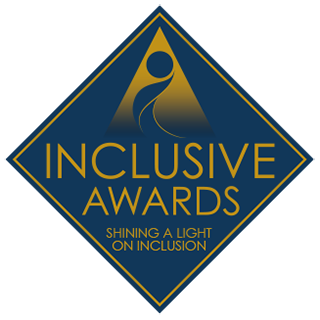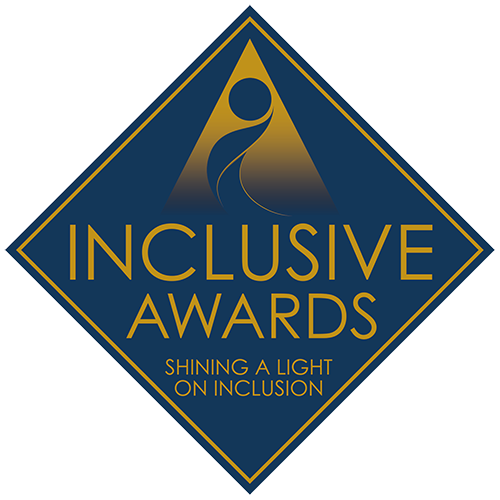The Who
We are a team of four NHS clinical psychologists from diverse backgrounds and with shared experience of, and passion for, tackling health inequalities. We set out to improve access to a Specialist Perinatal Mental Health Service (SPMHS) for women from minoritised ethnic backgrounds by working with clinical teams, managers, and community partners. We are rooted in the belief that small changes can make a difference no matter how intractable or immovable the problem might seem!
The why
Families from ethnic minority backgrounds face multiple disadvantages during the perinatal period, including increased maternal suicide risk. Despite this, they are less likely to be asked about their mental health and have lower rates of access to SPMHS.
Studies report key barriers, including: a lack of knowledge about services, lack of culturally relevant resources and lack of ability to provide culturally appropriate practice.
The How
We developed a project to improve access (and quality of intervention) for women from ethnic minority backgrounds.
The project comprised three parts:
Processes: Service structures and processes encouraged a culture of thoughtfulness, and a critical lens, questioning traditional NHS-led pathways and service structures and their interface with local communities.
People: Multi-pronged approach to improve staff awareness and responsivity to service barriers for women from minoritised communities. Aimed to move away from the narrative of hard-to-reach families, focusing instead on how we can better serve local communities, promote cultural sensitivity and community-led practices. Provided resources/training to understand staff needs and facilitated open dialogue around the discomfort that staff reported in relation to asking about race and ethnicity in clinical practice.
Data: Harnessed the power of data to create a shared vision and collective action in each ICB Place. Included the development of annual Place Based infographic reports showing key metrics that were easy-to-understand, enabling engagement from clinicians and managers. Local data was tailored to meet specific needs and inform recommendations for local interventions.
The “so what?”
The success of the project was measured through:
Ethnicity monitoring data. Ethnicity recording increased from an average of 80% (2023) to 87% (2024) across the service [range 59-90% to 73-92%].
Place Based Reports (access rates cut by ethnicity and benchmarked against local population). Initial results demonstrated that access for ethnic minority groups is improving. Across the service we have met referral targets for Asian women, almost doubling the number of Asian women referred in a year. We have also met referral targets for those who identify as mixed race or “other ethnicity”. Additionally, we have doubled the number of Asian and Mixed Race women accepted into the service in a year and almost doubled the number of Black women accepted.
Staff survey exploring attitudes towards asking about ethnicity. Initial results (2020) showed that staff understood the importance of asking about race/ethnicity, but felt unsafe/uncomfortable to do so and so did not frequently ask about it. The repeat survey (2024) showed that staff were feeling more confident/more able to tolerate discomfort: 72% of staff reported feeling comfortable doing so (up from 55%) and 98% more aware of the importance of asking (up from 92%) resulting in an increase in staff mostly/always asking about race/ethnicity, increasing to 79% (up from 34%).
Staff interviews exploring their experience of the REACH project. Qualitative analysis from staff interviews were completed as part of an evaluation of the project with a focus understanding impacts on culture and relationships. One staff member commented that “To make mistakes is still always hard, but I’m much more willing to enter spaces knowing that it’s a risk.” and “Since I’ve been in the service what I’ve noticed… it’s on the agenda more, just general dialogue and the team mindset. When I first started it was more just…it didn’t really know how to be spoken about. So, it’s been monumental, because now, people are thinking about that, and particularly as we’ve started to serve lots of refugee families now, like, you can’t not, so it’s been big.”
Other key successes
The ‘Opening Up Conversations About Race, Ethnicity and Difference’ booklet has been widely disseminated across NHS and non-NHS services and is freely available online. We presented a webinar attended by 220 people for NHSE and have presented for the British Psychological Society and Association for Clinical Psychologists, alongside publishing our work. The work has been replicated by the NHSE National Perinatal Mental Health team as part of a national survey and is supporting NIHR grant applications in collaboration with research colleagues. The project and leadership was Highly Commended in two categories at the National Positive Practice in Mental Health



